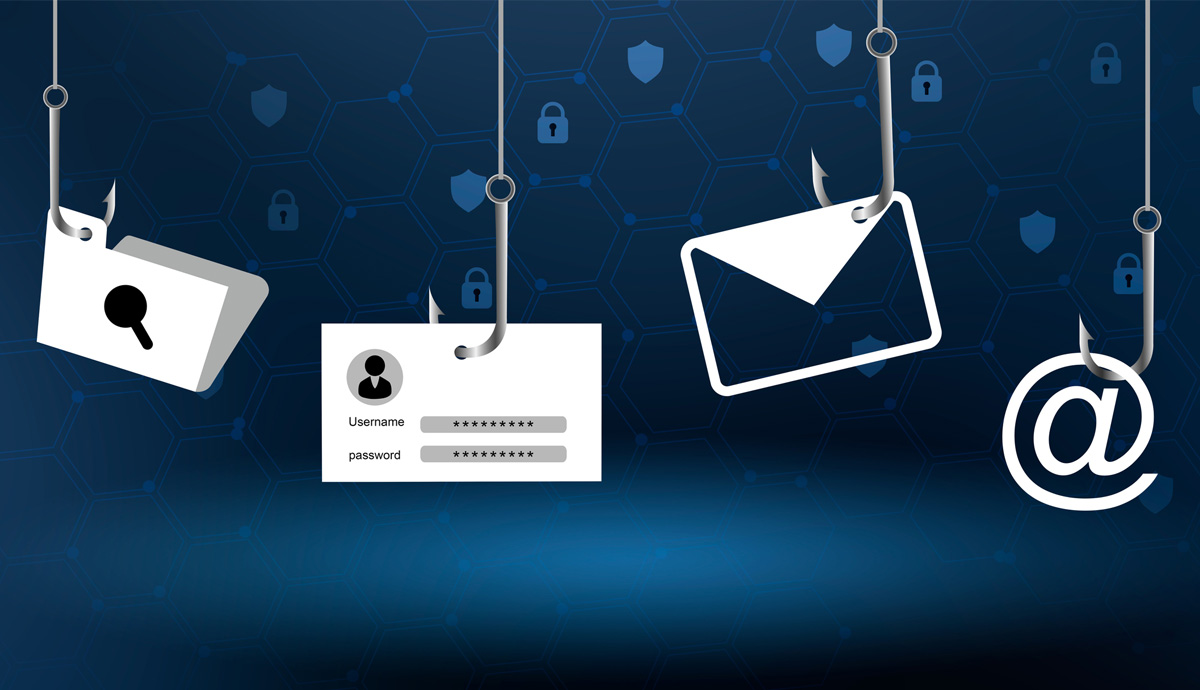Lesson 3: Recognize and Avoid Phishing Emails

Phishing Emails
Unlike spam, phishing is potentially very dangerous.
The name of this type of scam —phishing with ph — plays on the fact that the scammers are trying to catch you. They’re “fishing” for very important information.
Phishing scams are designed to steal your identity through an email, website, and sometimes, other means of communication. It’s called vishing when done over the phone, and smishing when done over text, but the nature of these scams is the same.
How does phishing work?
An individual or a group pretending to be a legitimate business or a financial institution will send you an email asking you to click on a link to provide important information. Or sometimes the email will ask you to download and complete an attached document.
Do not click on that email link or open the attachment. If you do, you may release a virus that will contaminate your computer and give someone access to your files.
Know the warning signs
If you didn’t initiate the conversation, be cautious. A phishing email pretending to be from your bank, PayPal, or Amazon may look professional but there are ways you can tell it’s fake:
When creating a password follow these two guidelines:
- An unfamiliar greeting
- Obvious typos and errors in spelling and grammar
- A sense of urgency or threats
- Strange-looking links
- Inconsistencies in email address, links, and domain names
- Generic signatures instead of a real name
Spot the signs yourself
Look at the text of the email closely and you can see why it’s a fake.

Common scams to watch out for
Some of the most common phishing emails will:
- Say they’ve noticed some suspicious activity or log-in attempts
- Claim there’s a problem with your account or your payment information
- Say you need to confirm some personal or financial information
- Include an invoice you don’t recognize
- Want you to click on a link to make a payment
- Say you’re eligible to register for a government refund
- Offer a coupon for free stuff or announce you’ve won a contest
If it sounds fishy — or too good to be true— it’s most likely a scam. If you receive an email from a company you do business with and you’re not sure if it’s real, you can always log into your account by visiting their website on your own — without opening any links sent to you.
